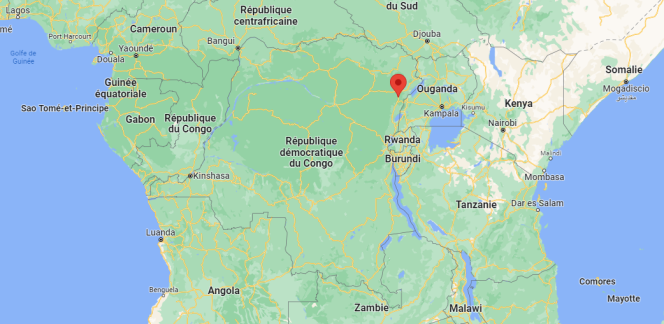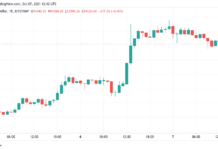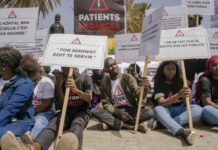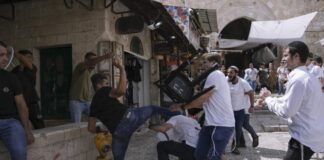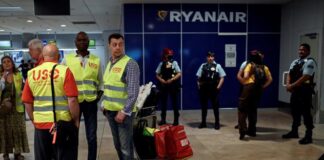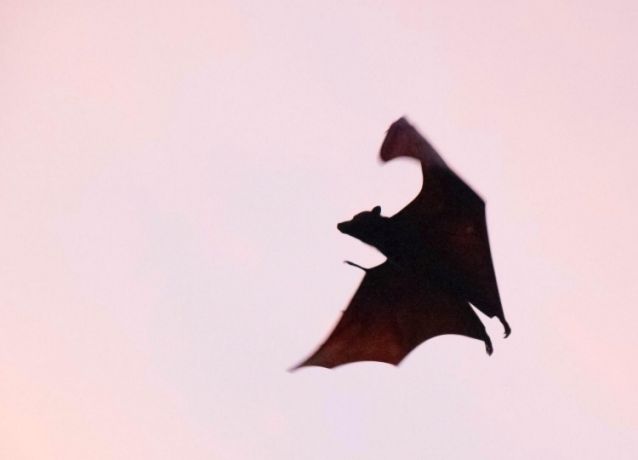Rebels from the Allied Democratic Forces (ADF) group killed at least 20 civilians in a new massacre perpetrated on Sunday evening, June 5, in Ituri, in the north-east of the Democratic Republic of Congo (DRC), about ten days after another carnage near the Ugandan border. “At least 20 civilians were killed in the village of Bwanasura [territoire d’Irumu, en Ituri] this Sunday”, wrote on Twitter the Security Barometer of Kivu (KST), an organization which has observers in the area, stating that “the ADF are suspected”.
“Our volunteers on the ground and the youth president counted 36 bodies,” David Beiza, president of the Red Cross in Irumu territory, told AFP. “These ADF rebels arrived around 8 p.m. (6 p.m. GMT). Luckily many residents were able to escape,” he added. The army intervention came “late, I’m angry,” Dieudonné Malangay, a civil society member from the Walese Vonkutu chiefdom where the village of Bwanasura is located, told AFP, indicating that “bullets are still crackling” in the area.
“We are currently in the field. We are clearing the area and pursuing the enemy,” an officer from the Congolese Armed Forces (FARDC) said on condition of anonymity. Bwanasura is a village located 44 km from Komanda-centre, in the chiefdom of Walese Vonkutu, in the territory of Irumu, 119 km south of Bunia (north-east).
Presented by the jihadist organization Islamic State (EI) as its branch in Central Africa (ISCAP in English), the ADF group is accused of being responsible for the massacres of thousands of civilians in eastern Congo and of having committed attacks in Uganda. In March 2021, this group, of Ugandan origin, was placed by the United States among the “terrorist groups” affiliated with the jihadists of the IS.
Extension of the scope
The last major massacres attributed to ADF rebels in eastern DRC date back to the end of May, with the death of at least 16 people in Bulongo announced on May 30, after that of at least 27 people on May 28. May in the village of Beu-Manyama, in the neighboring region of Beni (North Kivu).
Since the end of November 2021, the Congolese and Ugandan armies have launched joint operations against the ADF in the Beni and Irumu region (Ituri). But the perimeter of ADF attacks now extends from the Ugandan border to several tens of kilometers inside the Congolese borders.
Coming to an end on May 31, these joint military operations were renewed for two additional months by Kinshasa and Kampala.
Like North Kivu, Ituri has been under a state of siege for a year, an exceptional measure which has given full powers to the military but has not so far made it possible to put an end to the violence.
In the neighboring province of North Kivu (east), the army announced in a press release Monday evening, the death of two soldiers in battles against rebels of the March 23 Movement (M23) who benefit from the support of the army. Rwandan, according to accusations made Sunday in Brazzaville by Congolese President Félix Tshisekedi.
The eastern part of the DRC – the Kivu and Ituri regions in particular – has been plagued by violence for almost twenty-five years due to the presence of numerous local and foreign armed groups.
